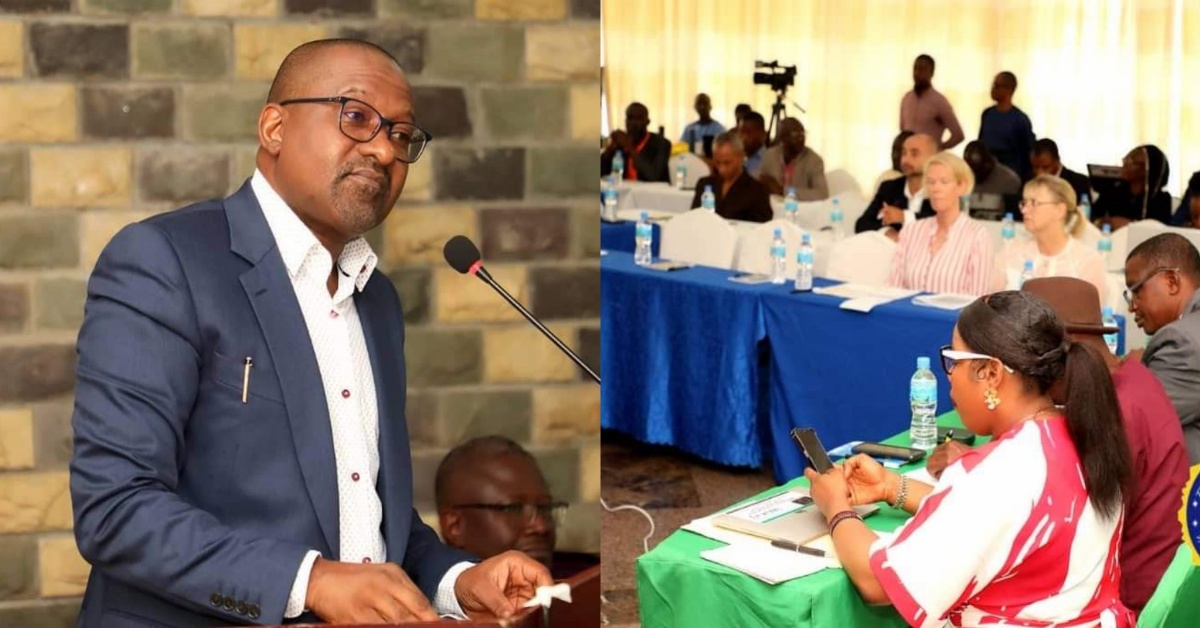On 12 September 2024, Vice President Dr. Mohamed Juldeh Jalloh launched the “Strengthening Resilience in Food Systems Transformation” workshop at Bintumani Hotel, Freetown.
In his keynote address, he emphasized the importance of coordination among stakeholders, including Ministries, Departments, Agencies (MDAs), development partners, and civil society, to achieve sustainable food systems transformation.
Dr. Jalloh stressed that effective collaboration is key to addressing the country’s overwhelming dependency on food imports, particularly rice, which drives up the cost of living and hinders local agricultural growth.
He highlighted how poor rural households, especially in remote areas like Falaba with poor road networks, are most affected by food insecurity.
He described food systems transformation as a priority for President Bio’s government, focusing on increased agricultural productivity, economic growth, and food security through the “Feed Salone” initiative. This initiative aims to reduce food imports and improve nutrition and healthcare outcomes.
Dr. Jalloh pointed out the government’s increased agricultural budget from 2% to 7% and noted the 33% reduction in rice imports, as well as progress in local food production such as onions.
He emphasized the need for climate-sensitive food production, calling for investment in renewable energy to support sustainable and climate-resilient agriculture.
Climate change, he noted, poses a significant challenge to food systems, and the establishment of the Ministry of Environment is a commitment to addressing these issues.
The Vice President also emphasized the importance of private sector investment, affordable loans, and improved infrastructure, such as road networks, to support agricultural development and market access for farmers.
Dr. Henry Musa Kpaka, Minister of Agriculture, highlighted the “Feed Salone” initiative’s focus on not just food production but also improving children’s knowledge. He stressed the importance of infrastructure improvements, including roads, electricity, and irrigation, for the success of the program.
The workshop marks a crucial step in Sierra Leone’s efforts to implement policies that enhance food security and promote agricultural sustainability.











